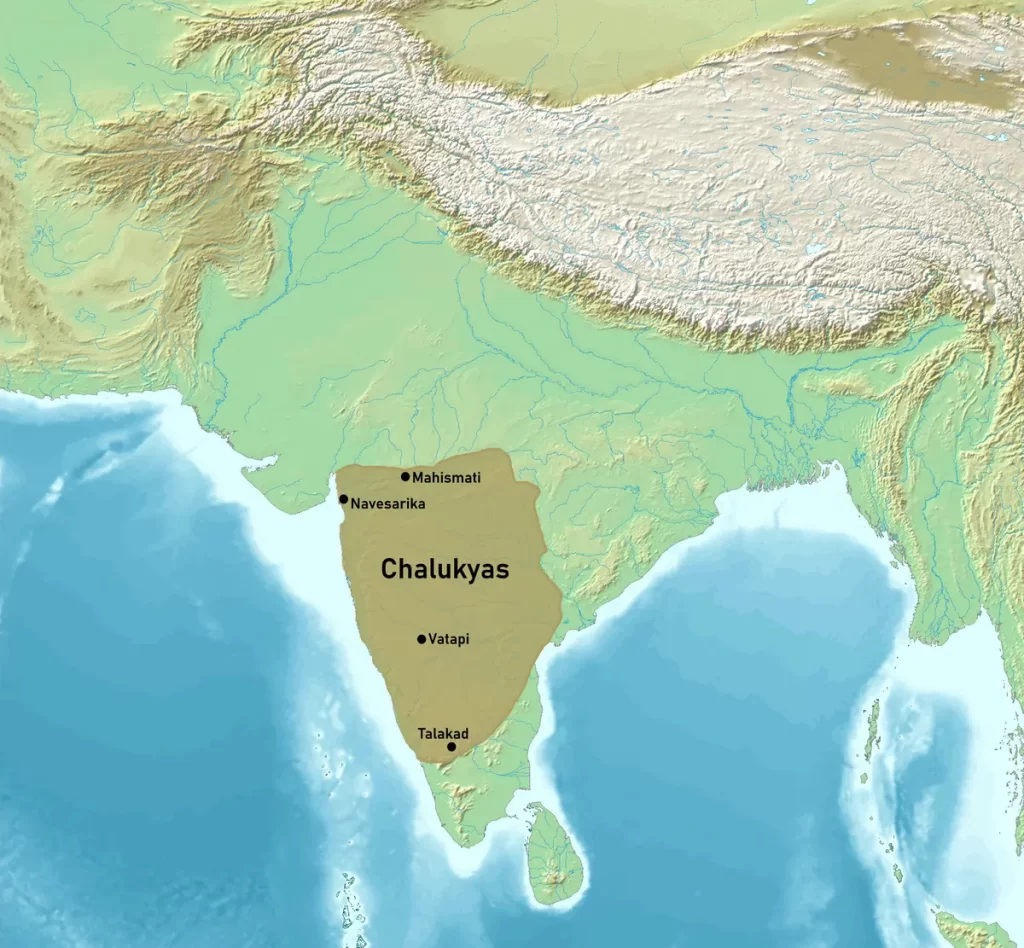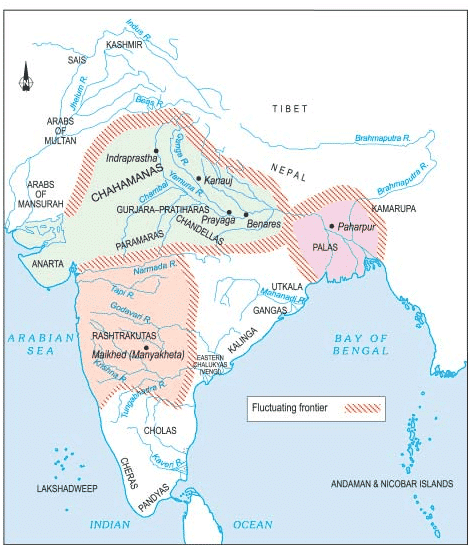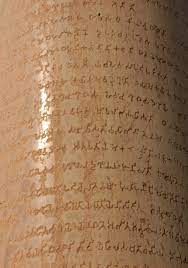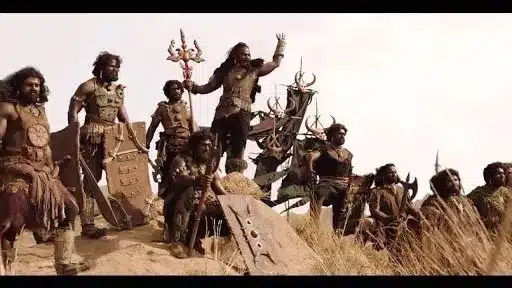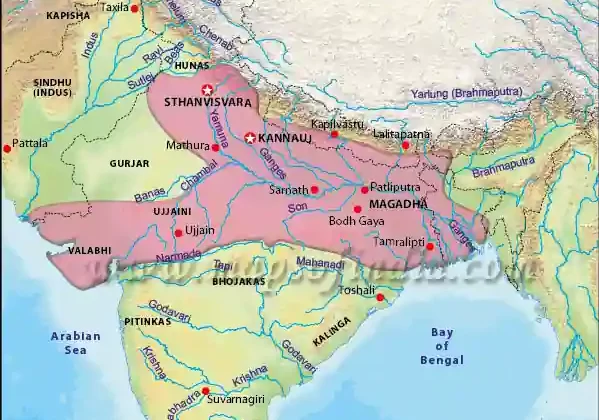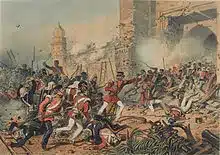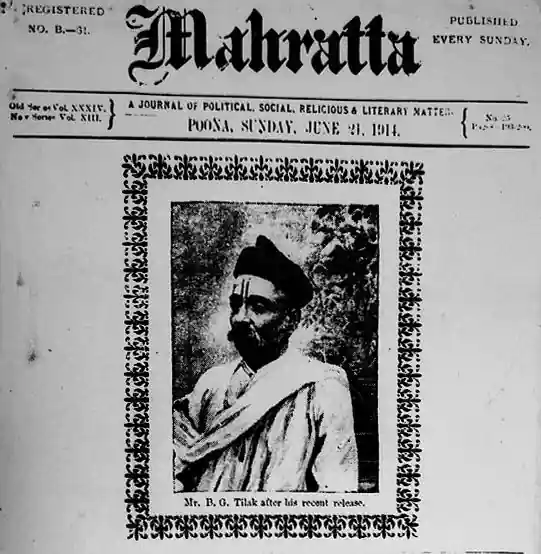Indian National Congress Sessions Before Independence
The Indian National Congress (INC), founded in 1885, emerged as a pivotal platform for the Indian independence movement against British colonial rule. Throughout its existence, the INC held a series of sessions that significantly shaped the political landscape of India, fostering national unity and articulating the aspirations of the Indian populace. These sessions served not only as deliberative gatherings but also as vital instruments for negotiating India’s path to sovereignty.
The early sessions of the INC, such as the pivotal gatherings in Lucknow (1916) and Calcutta (1920), marked a shift towards a more radical approach in response to British repression. The Lucknow session was notable for the formal collaboration between the INC and the All-India Muslim League, signifying a critical moment in Hindu-Muslim unity against colonial rule. Meanwhile, the Calcutta session underscored the incipient call for self-governance, emphasizing the necessity of a collective struggle for independence.
The 1920s and 1930s ushered in a period of increased political activism, exemplified by the session in Karachi in 1931. This assembly adopted the Karachi Resolution, which asserted fundamental rights and economic goals, showcasing the INC’s commitment to social justice alongside political freedom. These sessions became forums for discussing national issues, including the rights of marginalized communities, thus broadening the INC’s appeal.
Moreover, the sessions of the late 1930s, particularly the Bombay session in 1934 and the Tripuri session in 1939, reflected an escalating demand for complete independence. The latter witnessed the election of Subhas Chandra Bose as president, embodying a more radical shift within the INC, advocating for immediate and total self-rule.
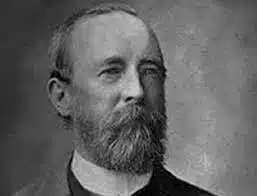
Important Social Reforms Acts Of British India
List of Indian National Congress Sessions
| Year | Location | President | Importance |
| 1885 | Bombay | W C Bonnerjee | 1st session attended by 72 delegates |
| 1886 | Calcutta | Dadabhai Naoroji | National Congress and National Conference |
| 1887 | Madras | Syed Badruddin Tyabji | Appeal made to Muslims to join hands with other national leaders |
| 1888 | Allahabad | George Yule | First English president |
| 1889 | Bombay | Sir William Wedderburn | – |
| 1890 | Calcutta | Feroz Shah Mehta | – |
| 1891 | Nagpur | P. Ananda Charlu | – |
| 1892 | Allahabad | W C Bonnerjee | – |
| 1893 | Lahore | Dadabhai Naoroji | – |
| 1894 | Madras | Alfred Webb | – |
| 1895 | Poona | Surendranath Banerjee | – |
| 1896 | Calcutta | Rahimtullah M. Sayani | National song ‘Vande Mataram’ sung for the first time |
| 1897 | Amravati | C. Sankaran Nair | – |
| 1898 | Madras | Ananda Mohan Bose | – |
| 1899 | Lucknow | Romesh Chandra Dutt | – |
| 1900 | Lahore | N G Chandavarkar | – |
| 1901 | Calcutta | Dinshaw E. Wacha | – |
| 1902 | Ahmedabad | Surendranath Banerjee | – |
| 1903 | Madras | Lal Mohan Ghosh | – |
| 1904 | Bombay | Sir Henry Cotton | – |
| 1905 | Benares | Gopal Krishna Gokhale | Expressed resentment against the partition of Bengal |
| 1906 | Calcutta | Dadabhai Naoroji | The word ‘Swaraj’ was mentioned for the first time |
| 1907 | Surat | Rash Behari Ghosh | The national song ‘Vande Mataram’ sung for the first time |
| 1908 | Madras | Rash Behari Ghosh | The party splits into extremists and moderates |
| 1909 | Lahore | Madan Mohan Malaviya | Indian Councils Act, 1909 |
| 1910 | Allahabad | Sir William Wedderburn | – |
| 1911 | Calcutta | Bishan Narayan Dhar | ‘Jana Gana Mana’ sung for the first time |
| 1912 | Bankipore (Patna) | Raghunath Narasinha Mudholkar | – |
| 1913 | Karachi | Syed Mohammed | – |
| 1914 | Madras | Bhupendra Nath Basu | – |
| 1915 | Bombay | Satyendra Prasanna Sinha | – |
| 1916 | Lucknow | Ambica Charan Mazumdar | Lucknow Pact – joint session with the Muslim League |
| 1917 | Calcutta | Annie Besant (1847 – 1933) | First woman president of the INC |
| 1918 | Bombay And Delhi | Syed Hasan Imam (Bombay) And Madan Mohan Malaviya (Delhi) | The previous session continued |
| 1919 | Amritsar | Motilal Nehru | Jallianwala Bagh massacre strongly condemned |
| 1920 | Nagpur | C Vijayaraghavachariar | – |
| 1921 | Ahmedabad | Hakim Ajmal Khan (acting President For C R Das) | – |
| 1922 | Gaya | C R Das | – |
| 1923 | Kakinada | Maulana Mohammad Ali, | – |
| 1924 | Belgaum | M K Gandhi | – |
| 1925 | Kanpur | Sarojini Naidu (1879 – 1949) | First Indian woman president |
| 1926 | Guwahati | S Srinivasa Iyengar | – |
| 1927 | Madras | M A Ansari | – |
| 1928 | Calcutta | Motilal Nehru | All India Youth Congress formed |
| 1929 | Lahore | Jawaharlal Nehru | Resolution for ‘Poorna Swaraj.’ Civil Disobedience movement for complete independence to be launched, 26 January to be observed as ‘Independence Day’. |
| 1930 | No Session | – | – |
| 1931 | Karachi | Vallabhbhai Patel | Resolution on fundamental rights and national economic progress. Gandhi-Irwin pact endorsed. Gandhi nominated to represent INC in the second round table conference |
| 1932 | Delhi | Amrit Ranchhorddas Seth | – |
| 1933 | Calcutta | Malaviya Was Elected But Mrs Nellie Sengupta Presided | – |
| 1934 | Bombay | Rajendra Prasad | – |
| 1937 | Lucknow | Jawaharlal Nehru | – |
| 1936 | Faizpur | Jawaharlal Nehru | Two sessions were held. First in Bombay in August/September and Second in Delhi in December. |
| 1938 | Haripura | Subhas Chandra Bose | National planning committee set up under Nehru |
| 1939 | Tripuri | Subhas Chandra Bose | Bose was elected but had to resign since Gandhi supported Pattabhi Sitaramayya. Instead, Rajendra Prasad was appointed |
| 1940 | Ramgarh | Abul Kalam Azad | – |
| 1941-45 | – | – | No session because of arrest |
| 1946 | Meerut | Acharya Kripalani | The first rural session/first session to be held in a village |
Difference Between Non Co-Operation Movement And Civil Disobedience Movement
Facts about the Indian National Congress Sessions
- The national word was added in the name of Congress in the Nagpur session of Congress (1891).
- Bankim Chandra Chatterjee sang the song “Vande-Mataram”, which he composed in the Calcutta session of the Congress of 1896.
- Dada Bhai Nauroji mentioned Swaraj for the first time in his speech in the Calcutta session of Congress (1906).
- The first partition of the Congress took place in the Surat Session of the Congress (1907). Ras Bihari Bose presided over this session.
- The National Anthem “Jan Gan Man” composed by Ravindranath Tagore was sung for the first time in the Calcutta session of Congress (1911).
- The divided faction of the Congress united in the Congress session of Lucknow (1916), and the Lucknow agreement held between the Congress and the Muslim League. The first joint session of the Congress and the Muslim League took place in Lucknow (1916).
- Ambika Charan Mazumdar chaired the Lucknow session of the Congress (1916).
- Non-cooperation was proposed by Gandhiji at the 1920 Calcutta Congress session, which was presided over by Lala Lajpat Rai.
- The goal of achieving self-government with constitutional methods was changed to the goal of achieving Swaraj in non-violent and proper ways in the Nagpur session of Congress (1920).
- C.R. Das was elected the president of the Ahmedabad session of Congress (1921) but due to his being in jail, Hakim Ajmal Khan chaired the session.
- All India Khadi Board was established at the Kakinada Conference held in 1923.
- For the first time in the Guwahati Conference of Congress in 1926, Congress workers needed to wear khadi.
- It was decided for the first time in the Lahore session of Congress (1929) to celebrate January 26 as Independence Day each year.
- Proposals related to national economic programs and fundamental rights passed in the Karachi Convention of Congress (1931). The Karachi proposal passed at this conference was a document of the fundamental political and economic policies of the Congress.
- In the Lucknow session of Congress (1936), President Pt. Jawaharlal Nehru first interpreted communism in scientific and economic terms.
- The Congress session of 1938 took place in the village named Haripura, which was headed by Subhash Chandra Bose.
- Subhash Chandra Bose once again was elected to the post of President in the 1939 Tripuri Session of the Congress, Subhash Chandra Bose resigned from the presidency due to Gandhi’s opposition to the defeat of Candidate Pattabhi Sita Ramaiya proposed by Gandhiji. For the remaining session, Dr. Rajendra Prasad was appointed as the Chairman.
- The resolution of personal satyagraha passed in the Raigarh session of Congress(1940).
- Dr. Rajendra Prasad was the president of the Indian National Congress at the time of India’s independence.
- Mrs. Anni Besant (1917) was the first woman president of Congress.
- Mrs. Sarojini Naidu was the first Indian woman president of Congress (1925).
- Mahatma Gandhi chaired the Belgaun session of Congress (1924).
- The first Muslim president of the Congress was Badruddin Tayyabji. (1887).
- The first British president of Congress was George Yule (1797).
- Most of the time Dada Bhai Nauroji and Pandit Jawaharlal Nehru chaired the Congress.
- Maulana Abul Kalam Azad received the honor of being the youngest president of Congress.
In conclusion, the sessions of the Indian National Congress prior to independence were crucial in crystallizing the aspirations of a diverse nation. They facilitated dialogue among varied political factions, promoted a sense of unity, and articulated a vision for an independent India. The legacy of these gatherings not only fostered a strong nationalist sentiment but also laid the foundation for the eventual realization of India’s freedom in 1947.
Know about the Indian National Congress
- Indian National Congress founders: Allan Octavian Hume, Dadabhai Naoroji, and Dinshaw Edulji Wacha.
- Indian National Congress was founded on 28 December 1885.
- The first session of the Indian National Congress was held in Bombay from 28–30 December 1885 under the chairmanship of Womesh Chandra Bonnerjee.
- The early leadership – Dadabhai Naoroji, Pherozeshah Mehta, Badruddin Tyabji, W.C. Bonnerji, Surendranath Banerji, Romesh Chandra Dutt, S. Subramania Iyer, among others – was largely from Bombay and Calcutta.
- A retired British official, A.O. Hume, also played a part in bringing Indians from the various regions together.
- The formation of the Indian National Congress was an effort in the direction of promoting the process of nation-building.
- To reach all regions, it was decided to rotate the Congress session among different parts of the country.
- The President belonged to a region other than where the Congress session was being held.
Also refer :

